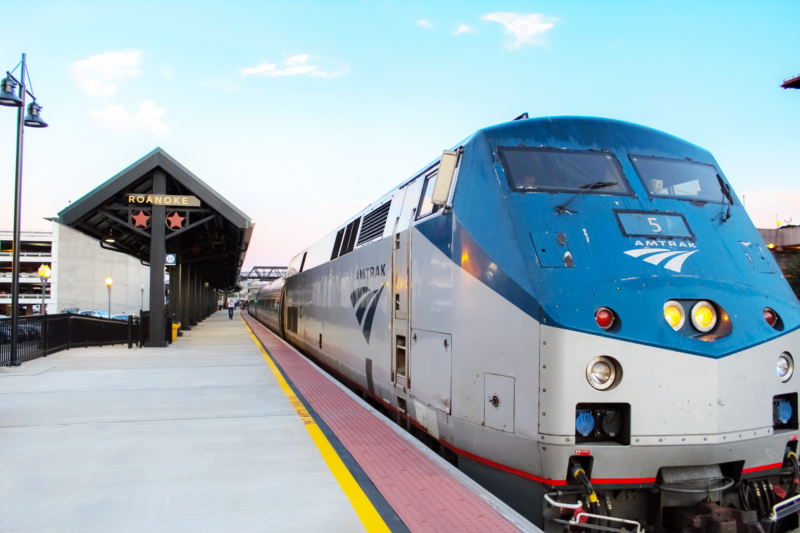By: Maria-Paula
The Weldon Cooper Center for Public Service at the University of Virginia has published the Economic and Social Impact of the Virginia Passenger Rail Authority’s (VPRA)Transforming Rail in Virginia (TRV) initiative.
The study focuses on the benefits of expanding passenger rail service in Virginia. Also included is how the state’s investment in this transportation alternative will provide not only an economic boost to the state but also create generational changes in the way Virginians travel. In addition to economic development in the region, the Transforming Rail study also mentions that the improvements in transportation will influence future property values and land use decisions, not limited to positive impact accessibility, and social wellbeing.
VPRA was established in 2020 to promote, sustain, and expand the availability of passenger and commuter rail service in the Commonwealth. Through its TRV initiative, VPRA is acquiring railroad right-of-way and building infrastructure to expand passenger rail throughout Virginia.
On the other hand, TRV is the commonwealth’s forward-looking plan that calls for moving Virginians by using an existing rail corridor and building new infrastructure, eventually separating freight and passenger rail services, and improving the on-time performance of both.
Weldon Cooper found that experts in public management, demography, economics and public finance, policy, political science, mediation, leadership and organizational development and survey research, support this course by providing nonpartisan, reliable research and leadership training to individuals and entities that serve the public good for a well-informed citizenry.
Upon completion, VPRA will fund an increase in total daily Amtrak roundtrips, from the current eight to thirteen at an estimated spending of close to $4.7 billion on TRV’s infrastructure projects according to the Transforming Rail in Virginia: Economic and Social Impacts study. The planned trips will take place along four corridors between Washington, DC and Roanoke, Newport News, Norfolk, and Richmond. This marks remarkable improvement for the Commonwealth of Virginias first launched state-supported service in 2009 with one roundtrip between Washington, DC, and Lynchburg, VA.
From the creation of 33,688 jobs, to generating $2.6 billion in labor income, $4 billion in value-added and $6.7 billion in statewide economic output, the project will ease the Commonwealths burden in giving alternatives to its people.
“The results of the Transforming Rail in Virginia study reveal the importance of advancing a transportation plan that includes rail as an alternative to driving. The economic benefits are clear, but including the social impacts reveal how rail can significantly benefit communities, safety, and the environment,” said DJ Stadtler, Executive Director of VPRA.
The report also highlights ways in which TRV can promote rail transport by removing barriers affecting commuters to its use in offering additional service to more locations. This involves accommodating regular users from those who previously had not considered rail as a viable alternative.
Reduced road traffic by diverting commuters from the automobile to rail transport, lower air pollution from vehicle emissions, and improved safety are some of the positives in the rail launch. An opportunity to enhance the quality of life of Virginians by expanding access to employment centers, educational institutions, recreational areas, and promoting tourism throughout the state are also benefits that can not be overlooked.
$7b economic boost to transform rail in Virginia



